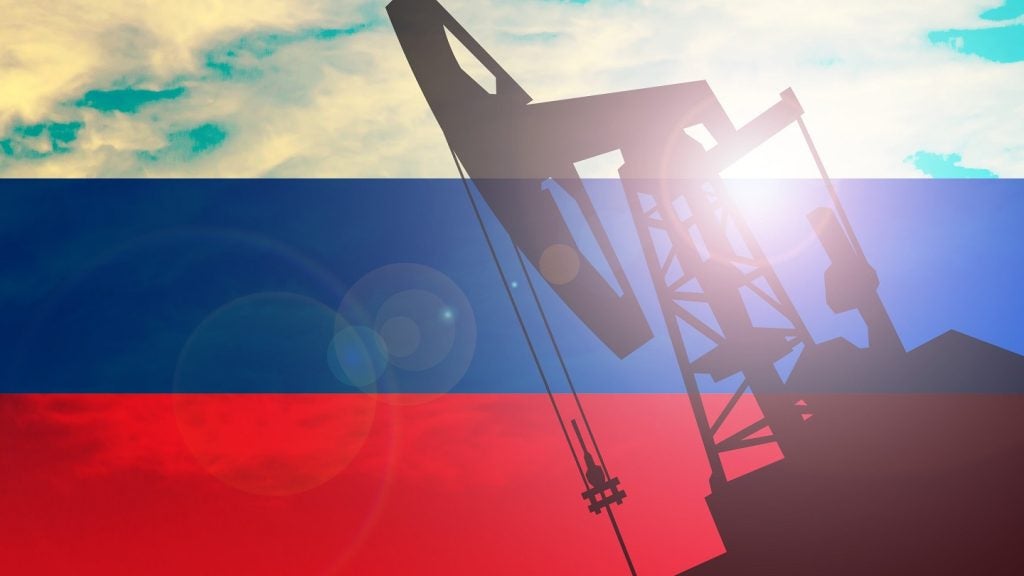Russia has announced a six-month ban on gasoline exports, starting from 1 March 2024, Reuters has reported.
The move is aimed at stabilising domestic prices amidst increased consumer and agricultural demand.
It is also intended to facilitate scheduled refinery maintenance in the country, which is the world's second-largest oil exporter.
The prohibition was verified by a representative for Alexander Novak, the Deputy Prime Minister of Russia.
Russian news outlet RBC reported that Prime Minister Mikhail Mishustin approved the ban, following a proposal from Novak in a letter dated 21 February 2024.
In his letter, Novak highlighted the upcoming season of heightened fuel demand due to spring agricultural activities, refinery maintenance and the summer holiday period.
The decision comes as domestic gasoline prices remain a sensitive issue for motorists and farmers, particularly in the lead-up to the presidential election scheduled for 15–17 March.
Meanwhile, supply lines and logistics have been disrupted as both Russia and Ukraine have targeted the other's energy infrastructure during their ongoing conflict.
With a GDP of $1.9trn, Russia's economy mostly depends on the export of gas, oil and oil products for foreign exchange earnings.
In the global arena, Russia has collaborated with Saudi Arabia, the world's largest oil exporter, within the OPEC+ framework to sustain high oil prices.
The leading gasoline producers in Russia for 2023 include Gazprom Neft's Omsk refinery, Lukoil's NORSI oil refinery in Nizhny Novgorod and Rosneft's Ryazan refinery.
Russia produced 43.9 million tonnes of gasoline in 2023 and exported approximately 5.76 million tonnes, around 13% of its total production.
The primary importers of Russian gasoline are predominantly African countries such as Nigeria, Libya, Tunisia and also the United Arab Emirates.
Last month, Russia reduced gasoline exports to non-Commonwealth of Independent States countries due to unplanned refinery repairs.
In 2023, Russia imposed a ban on gasoline exports between September and November to address high domestic prices and shortages.
The current ban will not affect member states of the Eurasian Economic Union, Mongolia, Uzbekistan and two Russian-backed breakaway regions of Georgia – South Ossetia and Abkhazia.









